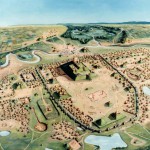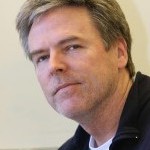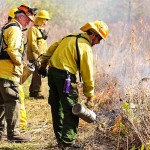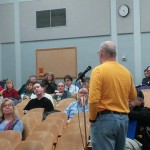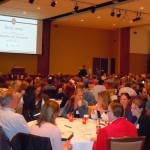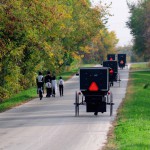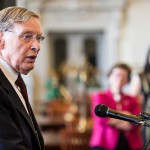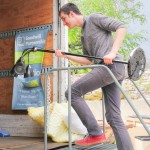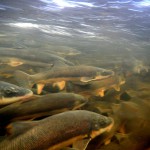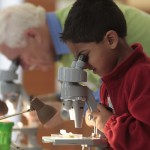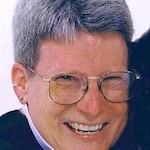Campus news Latest News
World premiere expresses UW–Madison professor’s feelings about species extinction
In 2012, when UW–Madison music Professor Laura Schwendinger started working on her second string quartet — one that is her response to species extinctions — the Javan Rhino was considered endangered. Now it is the most threatened of the five rhino species, with just 35 remaining in Java, Indonesia. That, says Schwendinger, highlights “just how pressing the issues I wish to present with my quartet are.”
Artist and journalist expound at humanities event
Artist Alfredo Jaar has produced more than 60 monumental public interventions that confront political violence, poverty, exploitation and imbalances of power. Photos:…
As the river rises: Cahokia’s emergence and decline linked to Mississippi River flooding
As with rivers, civilizations across the world rise and fall. Sometimes, the rise and fall of rivers has something to do with it. At Cahokia, the largest prehistoric settlement in the Americas north of Mexico, new evidence suggests that major flood events in the Mississippi River valley are tied to the cultural center’s emergence and ultimately, to its decline.
UW honors noted entrepreneurs with achievement awards
The University of Wisconsin–Madison Entrepreneurial Achievement Awards this year honor a graduate of the Department of Computer Sciences who co-founded the company that’s now WebMD, and a Department of Animal Sciences professor who has turned his patented technologies into startup companies.
McArdle’s Bradfield named interim WID director
Christopher Bradfield, a University of Wisconsin–Madison professor of oncology, has been appointed interim director of the Wisconsin Institute for Discovery (WID).
Controlled prairie burns to take place in Lakeshore Nature Preserve
Controlled burns will take place Saturday in the Lakeshore Nature Preserve on the western part of the University of Wisconsin–Madison campus.
School of the Arts at Rhinelander offers workshops in a unique setting
For more than 50 years, the University of Wisconsin–Madison’s School of the Arts at Rhinelander has fostered creativity in Wisconsin’s Northwoods. The 2015 event, held July 17-19, features workshops in visual arts, culinary arts, mind/body/spirit, performing arts and writing. Part of its appeal is the distinctive setting, which inspires instructors to design one-of-a-kind courses.
Recent sightings: Nepali vigil
On April 29, 2015, members of the campus and Madison communities gathered near the State Capitol and listened to speakers during a candlelight vigil…
Classified staff will receive election ballots
In the second election ever for the Classified Staff Congress, the ballot has been finalized and permanent members of the classified staff will receive them at their home addresses next week. They will have until May 25 to get them postmarked and returned.
Campus financial initiative enters new phase
A campuswide initiative aimed at ensuring effective financial stewardship at the University of Wisconsin–Madison is entering an important new phase.
Memorial for Garissa attack victims Thursday afternoon
An interfaith memorial on Bascom Hill at 12:30 p.m. Thursday will pay tribute to the 147 students killed at Garissa University College in Kenya on April 2.
Recent sightings: Welcoming Bud
Professor David McDonald, UW Softball players Taylor-Paige Stewart and Maria Von Abel, and Softball Coach Yvette Healy (left to right), talk with Allan…
Volunteers needed during residence halls move-out
As more than 7,400 students prepare to move out of the university residence halls, the UW–Madison Division of University Housing is asking for volunteers to help residents and their families repurpose or recycle items they no longer need.
2015 Wisconsin Science Festival seeks proposals
Planning for the 2015 Wisconsin Science Festival, to be held Oct. 22-25 in Madison and around Wisconsin, is actively underway.
Nominations sought for UW System P.B. Poorman Award
The Division of Student Life is seeking nominations for UW–Madison’s recipient of the UW System P.B. Poorman Award.


